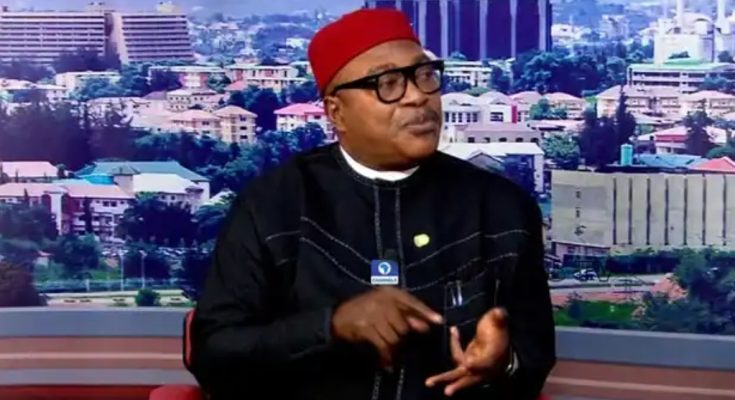Former Director of the Department of State Services (DSS), Mike Ejiofor, says he used to oppose the payment of ransom until he was kidnapped.
Ejiofor, in a chat with Vanguard, disclosed this amidst the increase in the rate of kidnappings in many parts of the country in recent weeks.

Despite the government and security agencies consistently discouraging ransom payments, families of kidnapped victims often secure the release of their loved ones by paying ransom.
According to him, the kidnappers see the illegal act as a “lucrative industry” because people no longer keep money at home.
His words: “Everybody is getting involved because of economic hardship. The economy is partly responsible for the escalation of criminality. People are suffering. You can’t attack people’s houses and see cash. You can’t break into a shop to collect things because you will be arrested. The quickest way to make money now is through payment of ransom.
READ ALSO: Abducted Ekiti School Kids, Teachers Regain Freedom

“Before I became a victim, I had often said people shouldn’t pay ransom. But that notion changed after I became a victim.
“Unless you are not involved, you will do everything possible including payment of ransom to release your relative. Of course, the government will always discourage people from paying the ransom.
“For me, I believe in the saying that he who fights and runs away lives to fight another day. If you secure yourself, if the government cannot secure you, that’s fine.”
The former DSS director said to tackle kidnappings, the government should supervise the payment of ransom, saying useful information can be obtained during the process.
“For example, when the wife of former central bank governor, Emefiele, was kidnapped, money used for ransom was marked and the suspects were later arrested.
“But victims’ families are always impatient. You don’t blame them because they want their loved ones safe. If the police or government is telling you not to pay ransom, it is expected.
“But until you are affected, you will know whether to pay ransom or not,” he added.








